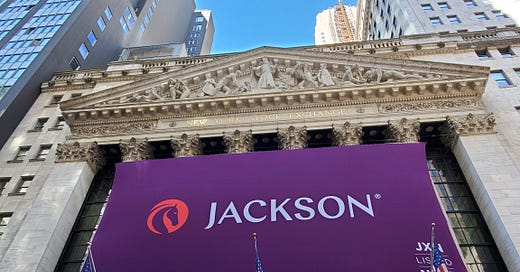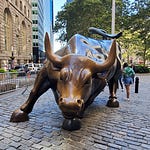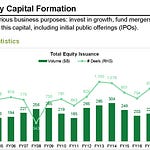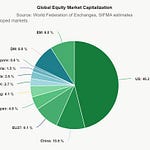This segment first appeared in the 12/30/22 episode of the Atlanta Real Estate Report…
Discussion Outline
What defines a “public” company?
They go from private to public via an Initial Public Offering (IPO)
Business and financial information disclosed to the public on a regular basis
Ways to invest in publicly traded companies
Stocks = Equity = Owner = Wealth Creation
Bonds = Debt = Creditor = Income Generation
Derivatives (options & futures) — hedging, speculation and income generation
Investing vs. Trading (own vs rent; local vs tourist)
Many people own public companies directly in the form of individual stocks and/or participate indirectly via ETFs, mutual funds and 401k plans
Typically, larger than private companies
Regional, national or international footprint
Private companies tend to be local, especially in the residential RE space
Continuous and real time “price discovery” while the markets are open
Subtle but important point
Makes them highly liquid
Contrast this to direct ownership of real property
Highly efficient vs highly inefficient pricing (objective vs subjective)
This is the key difference between stocks and real property!
Stock prices are a leading indicator of…
Economic activity at the index level (DJIA, S&P 500, etc.)
Industry trends at the industry level (banks, home builders, etc.)
A company’s outlook at the stock-specific level











